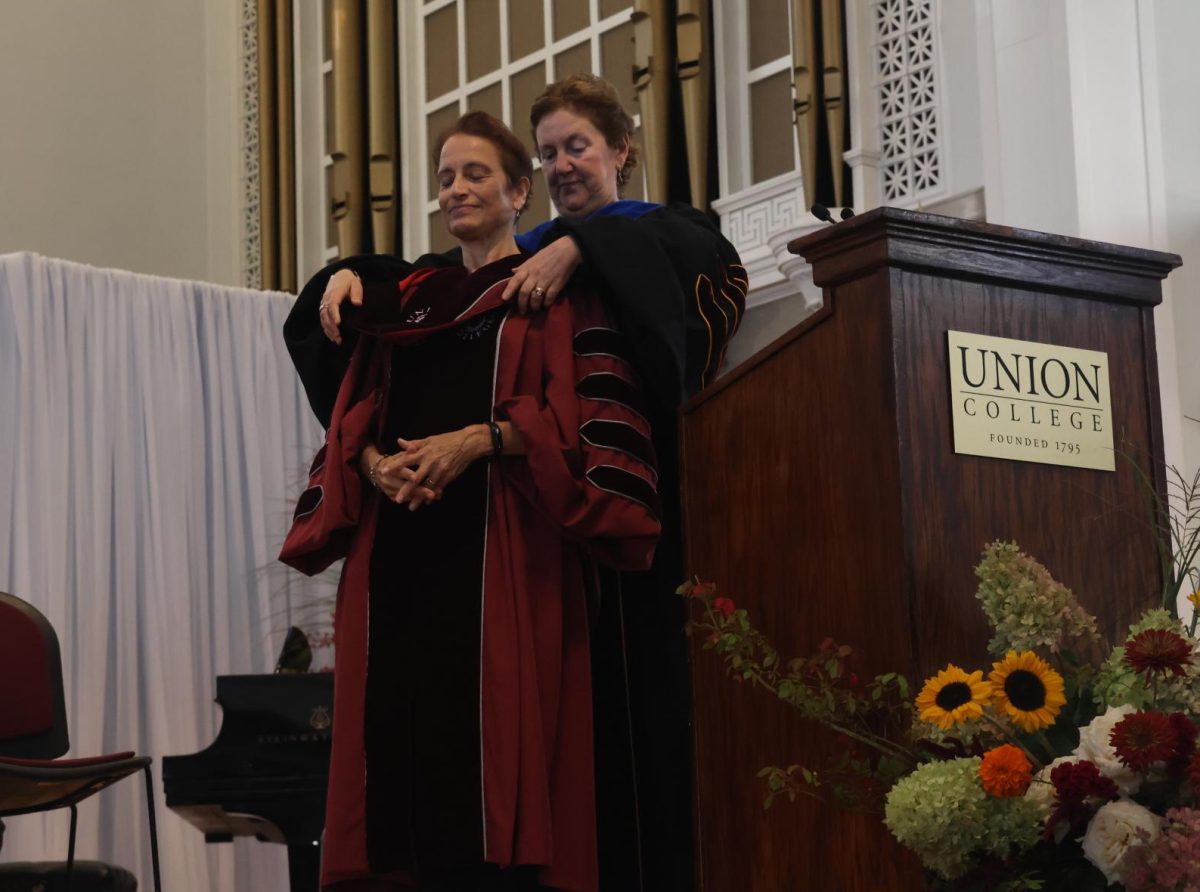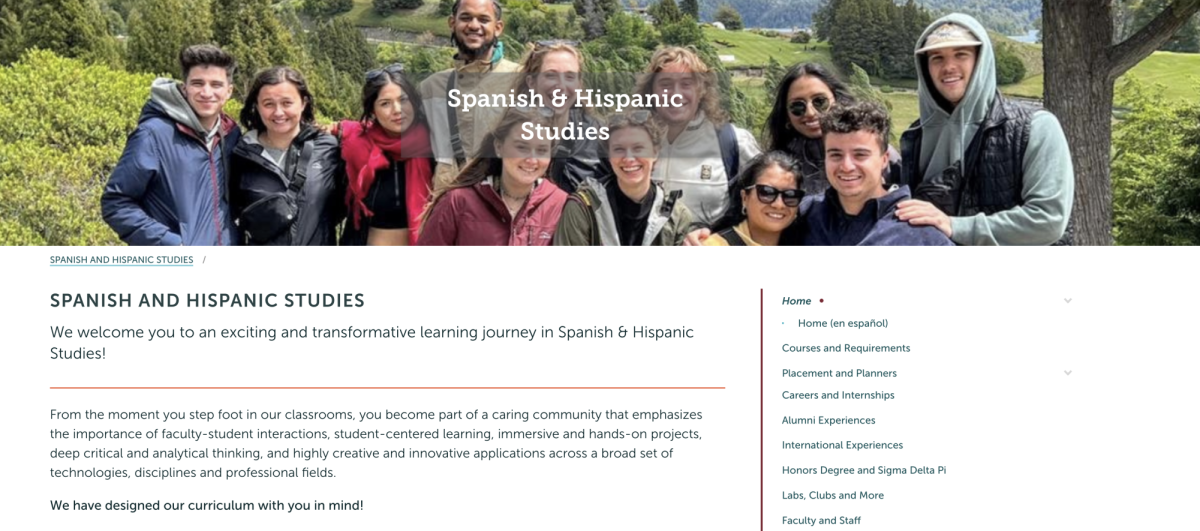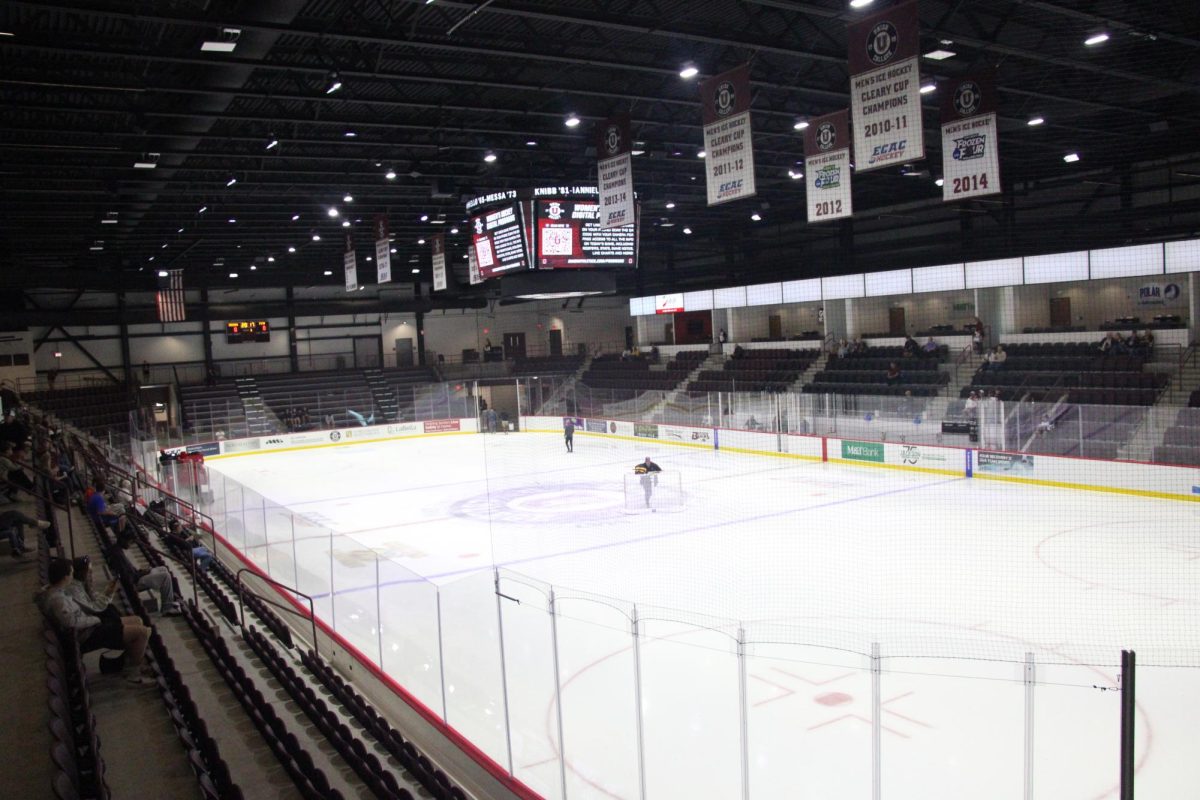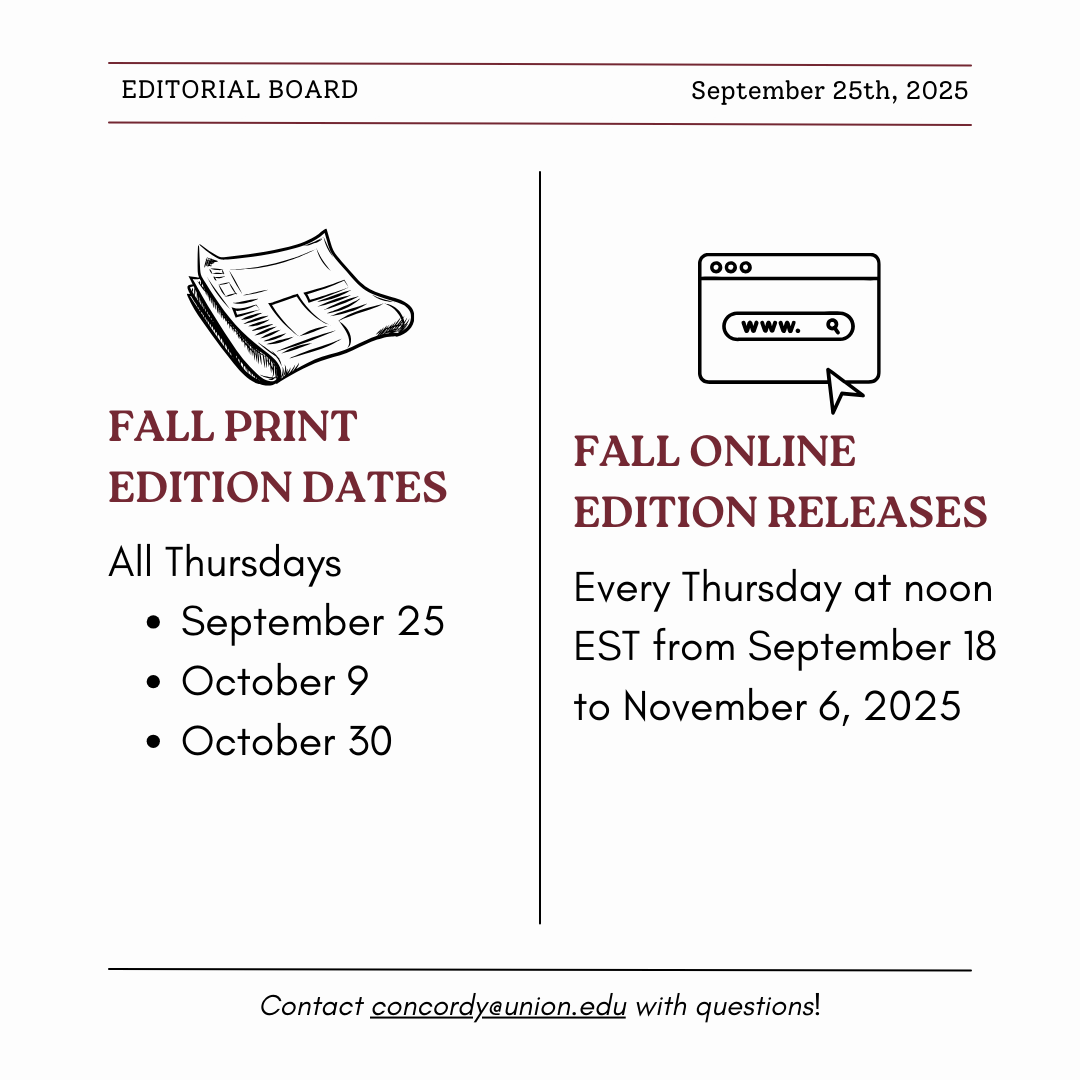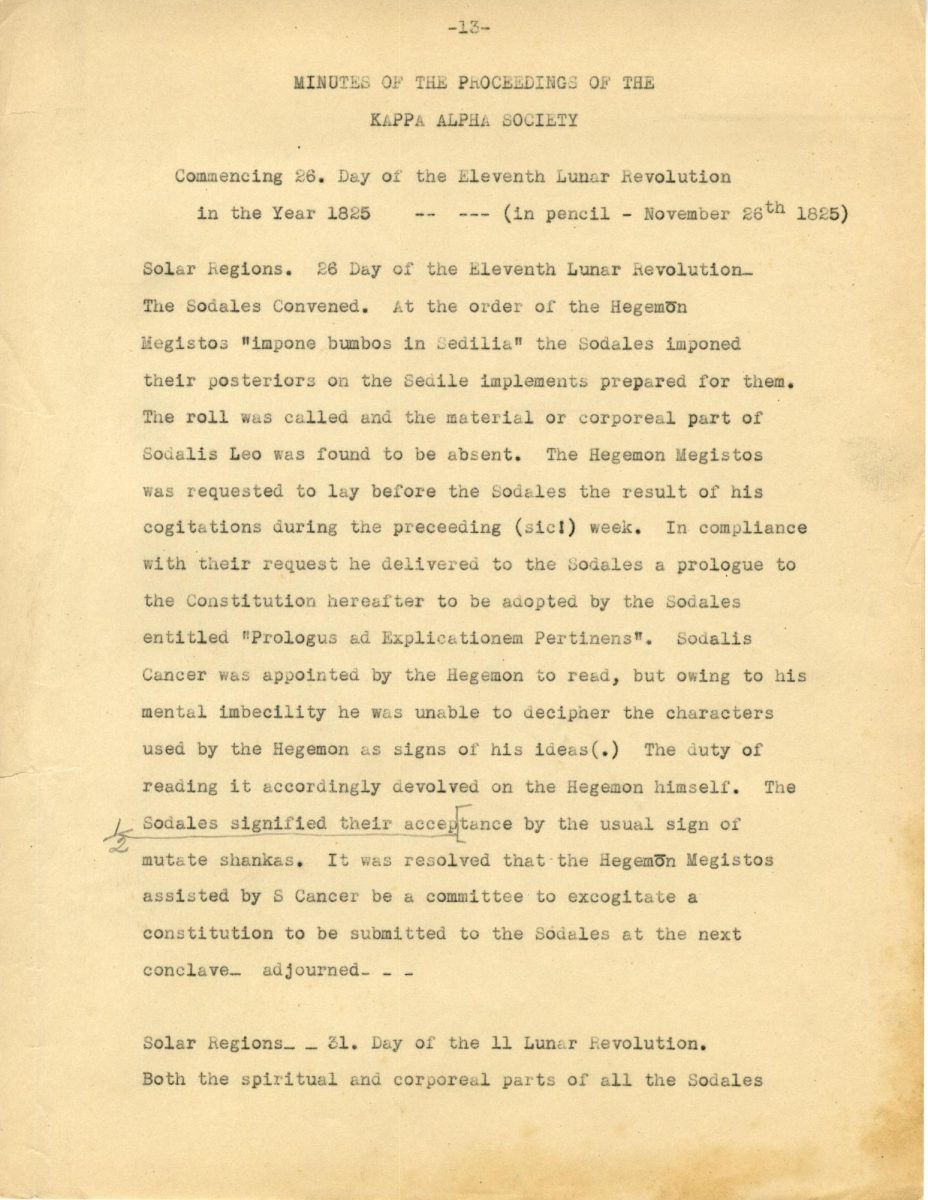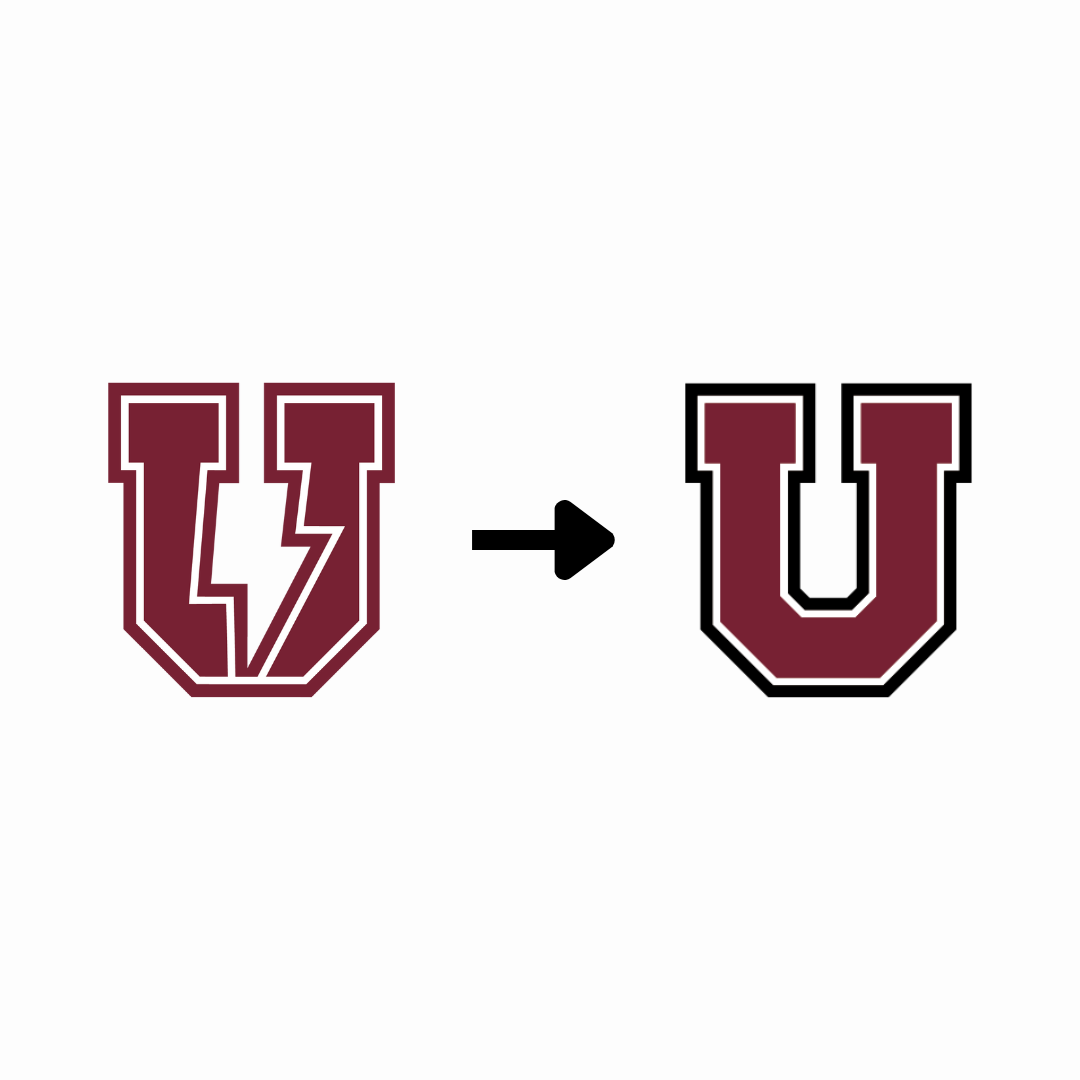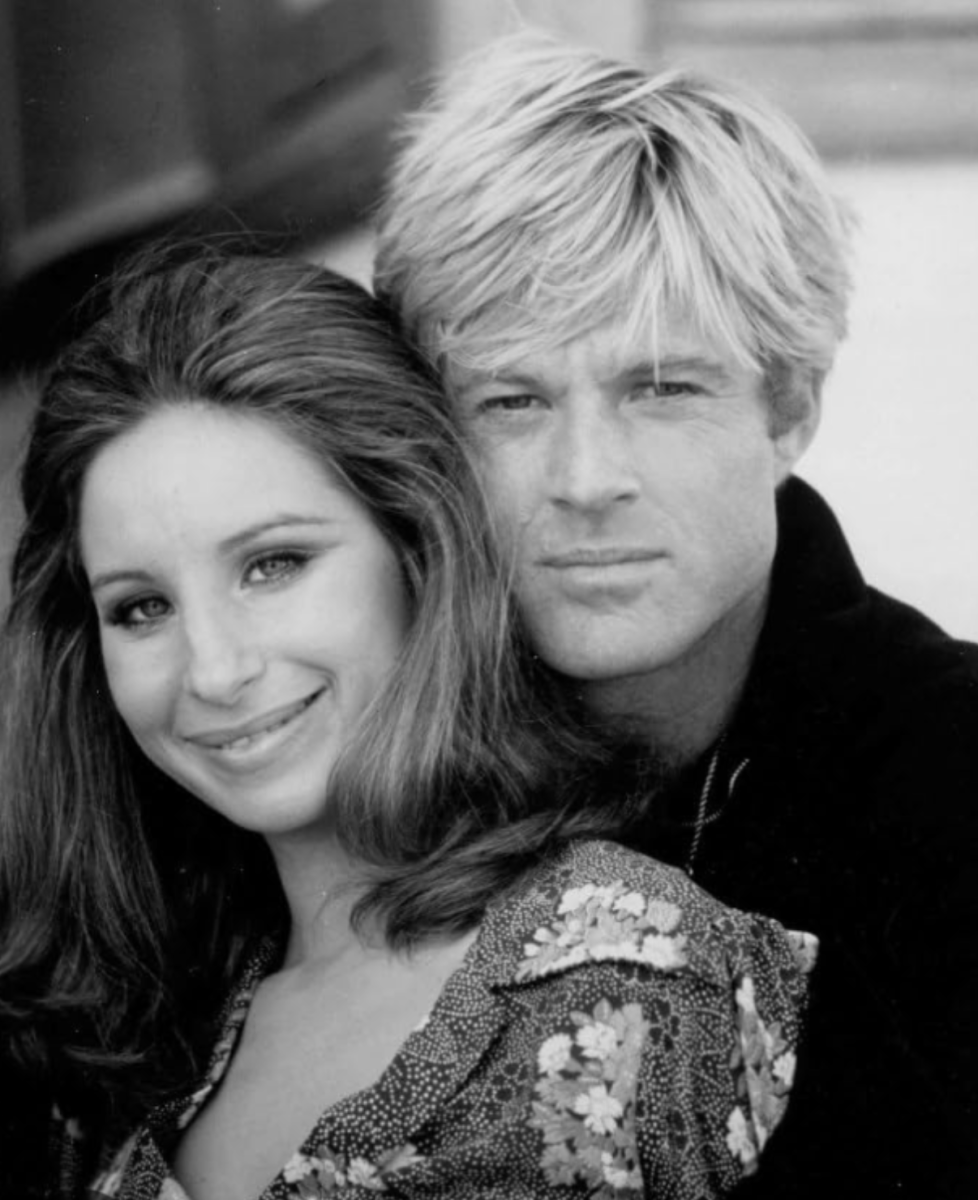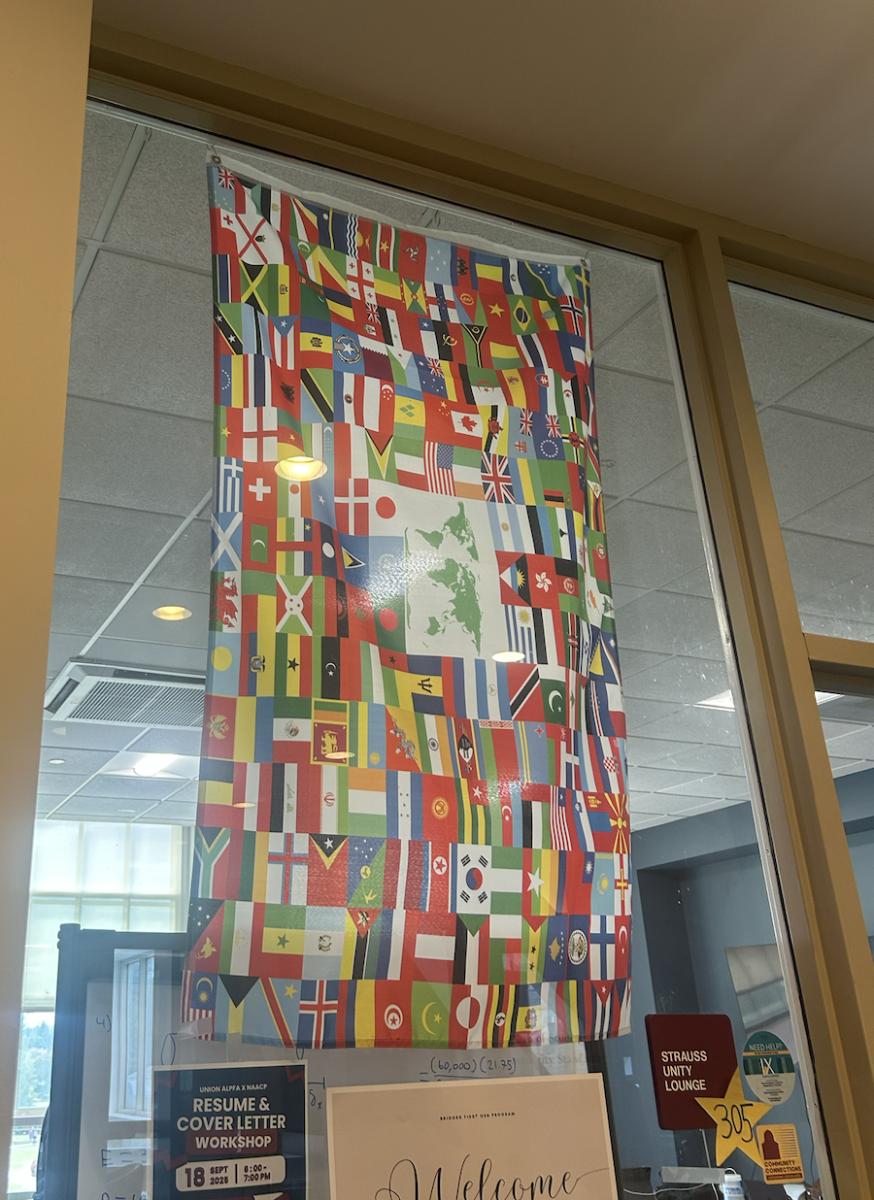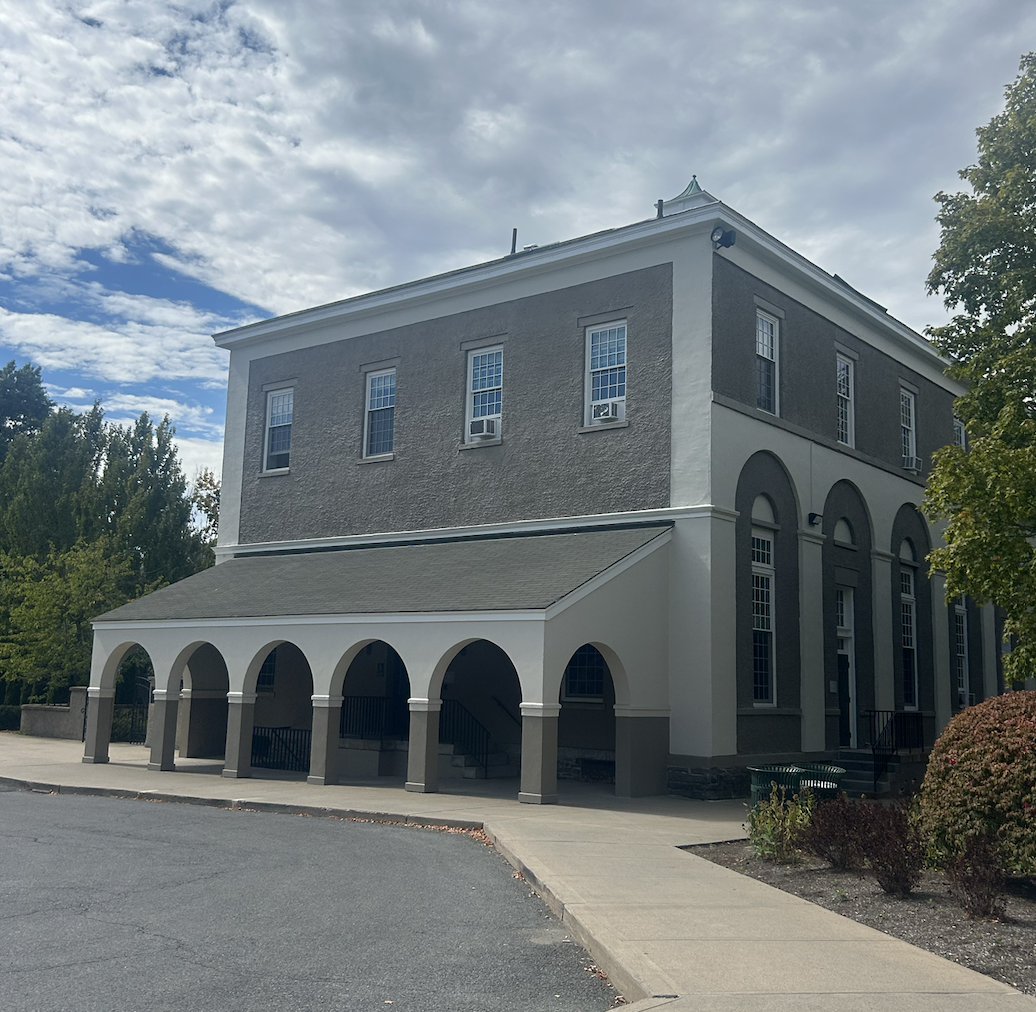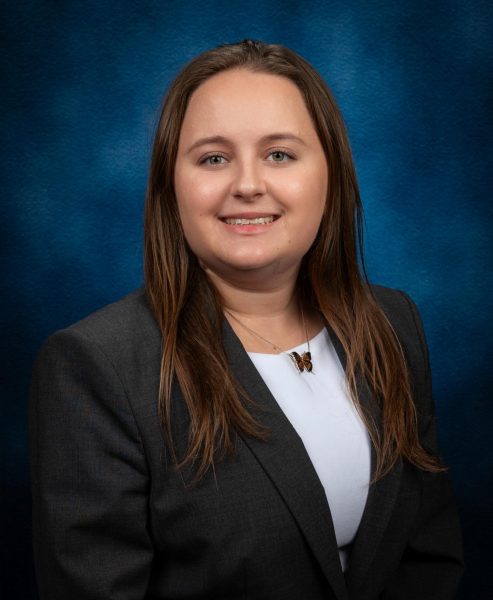On Friday, October 10, Union College inaugurated President Elizabeth Kiss (pronounced like ‘quiche’) as its 20th president. Kiss arrives at the college during challenging times in higher education, but she brings optimism about the college’s future and its core values.
President Kiss is the 20th president of Union College, and the first woman to hold the position. Before women were admitted to the college, women on campus generally served in supporting roles as service workers, dates, librarians, or wives of faculty members. Throughout the mid-1800s, women’s colleges such as Wellesley, Smith, and Bryn Mawr were founded, but Union did not integrate because other colleges with women were nearby (Skidmore, Russell Sage, and the State College for Teachers).
The college did not admit women to full bachelor’s degrees until the fall of 1970, and it did not hire female faculty members until Nanette Funk was appointed to the Philosophy department in 1965. Women’s athletics programs did not begin until 1974. By the mid-1980s, the incoming classes were approximately 60% male and 40% female; the class of 1992 was the first to achieve a 50-50 gender ratio. Today, 47% of all students identify as female, according to the college’s most recent common data set.
The president’s role has also shifted throughout the college’s history. President Eliphalet Nott (August 1804 – January 29, 1866) assumed absolute control over student discipline in 1809 because he disapproved of the harsh methods then common. Nott’s administration also founded the “scientific curriculum,” in addition to the “classical curriculum,” allowing students to take courses based on their interests rather than a uniform curriculum, which was common at the time. President Eliphalet Nott Potter (Summer 1871 – July 31, 1884) appointed the college’s first dean in 1880, who directed decisions about academics and student discipline away from the president’s office.
Today, the President’s role includes making strategic decisions for the college’s present and future and serving as a public-facing figure for the school. This fall, President Kiss comes at a time when Americans are questioning the value of a college education, there is a looming demographic enrollment cliff among college students, and the college seeks to balance its budget amid an enrollment decline.
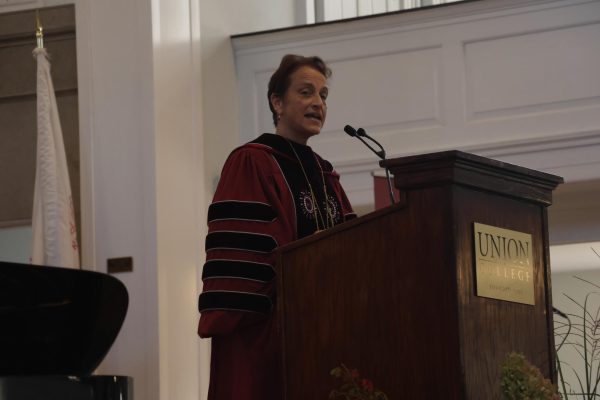
Kiss was chosen by a presidential search committee this past academic year. Julie Swidler ’79, the chair of the Board of Trustees and member of the committee, said that the committee chose Kiss because “she quickly had an understanding of not just what Union is and has been, but what she saw as an incredibly bright future for Union, where we could stay true to our core values while making the changes necessary to fortify Union for the future.”
In her inaugural speech, Kiss began by telling the story of how she met Baruch Samuel Blumberg ’46, a Nobel Prize winner whose work was critical to the development of the Hepatitis B vaccine. Aside from his work on the vaccine, Blumberg also loved anthropology and traveled to foreign countries to do pro bono work, conduct Malaria surveys, and take blood samples. Kiss said that Blumberg inspired her to not “let a narrow understanding of professional or disciplinary identity or success keep you from following your curiosity.”
“At a time in my life when I was struggling with what we now call imposter syndrome… Barry Blumberg was a breath of fresh air, offering me an incredible role model of an agile, innovative, cross-disciplinary thinker, someone who draws on multiple tools and perspectives to ask questions, to figure things out, and to solve problems,” Kiss remarked.
Kiss continued by saying that she has observed students embody Blumberg’s advice by combining their passions at Union. “I’ve seen it in how computer science and dance students work together on imaging and on creating robots, in how we use augmented and virtual reality to bring ancient Rome alive for our students of classics, and in how professors in art and biology collaborate in helping students visualize and understand the natural world.” Kiss said. “And I’ve heard it again and again from union alumni who give credit for their successes in business, law, medicine, entrepreneurship, journalism, economic development, and many more fields to how Union challenged and shaped their thinking by exposing them to different approaches.”
Kiss believes that the college’s core values will guide it into the future. “And so during this challenging time for higher education, when we are called to prepare students to lead successful and impactful lives in a world that is being shaped and reshaped by new technologies, buffeted by climate change, geopolitical conflict, political polarization, and a rising global tide of authoritarianism, it is more important than ever to center ourselves around our core values, a free inquiry, curiosity, and the cultivation of wisdom, empathy, and courage.”
To finish her remarks, Kiss concluded by saying that “In a world of much cruelty and judgment, it is important to build bridges and to nurture understanding and inclusion. And as we like to say, inclusion is not exclusion. Inclusion is about all of us. Union has weathered many storms over the past 230 years, and that should give us a lot of confidence about weathering the ones ahead.”


